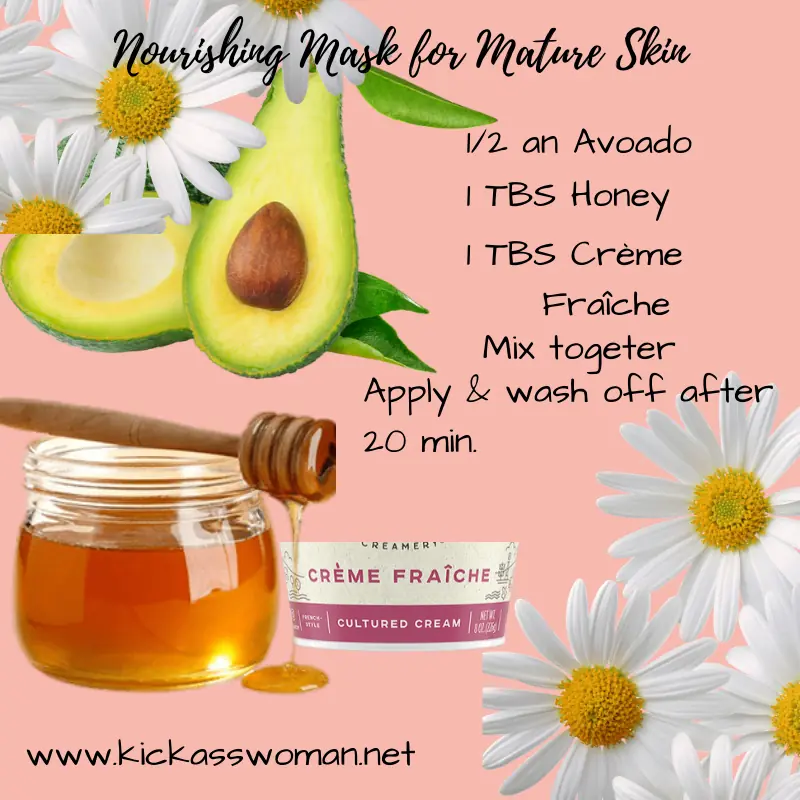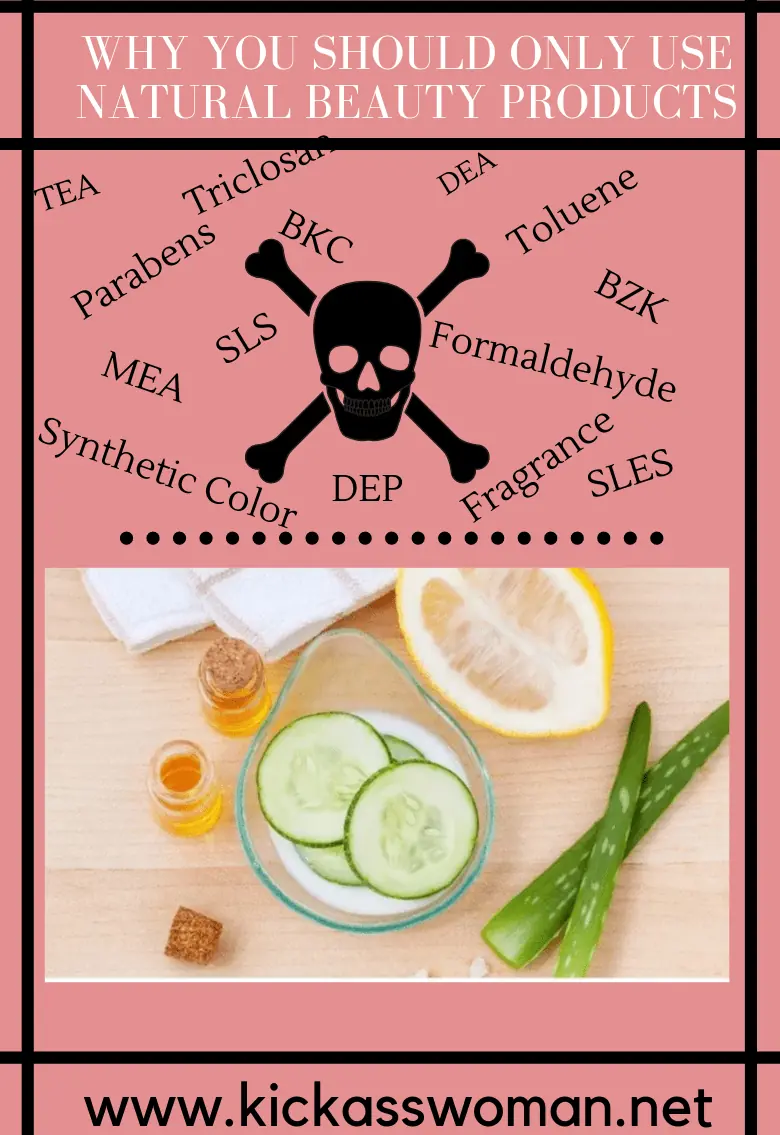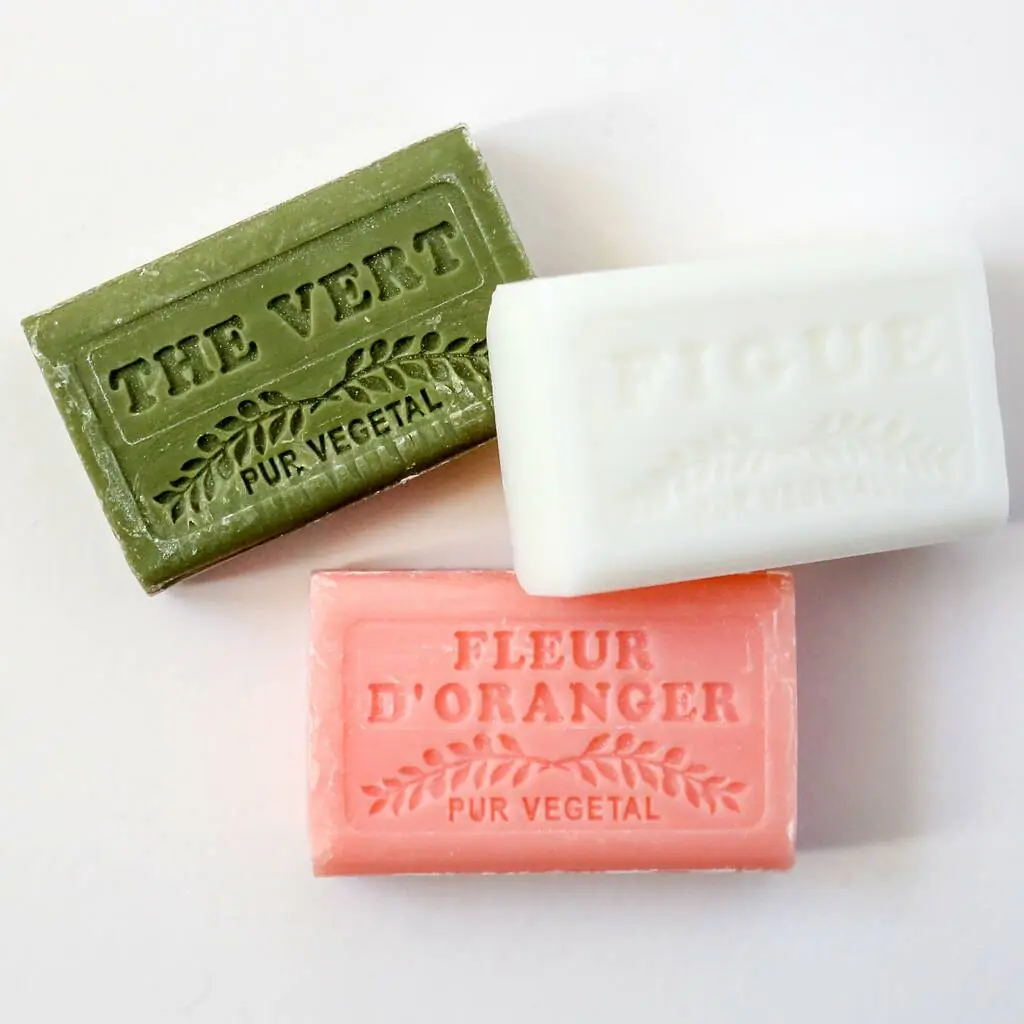Trying to Find Answers
Fist of all, I admit it; I wanted to quit writing this post. Researching the subject to find more information and answers was hard because I could not find clear answers. It was confusing and frustrating. I was not aware that the beauty industry is so divided in its opinions. As a result, I kept the focus on finding the best skincare beauty product for me, although I want to know everything about natural and organic skin care.
My Pure Organic Skincare
Growing up to be a teenager, I wanted to know everything about organic skincare. My great grandma’s daily skincare routine was most unusual but above all, she had flawless skin. “Oma” believed in the goodness of nature. In fact, she only used organic ingredients.
Hence, I think that is the reason I am also using many natural and organic skin care ingredients. Honey, oats, eggs, crème fraîche, and agar agar, etc. are some naturals I am using – some of them daily. Thinking that there might be better products available (we all get older) therefore, I decided to do some research.
A “Natural” Label Doesn’t Always Mean Chemical-Free
Natural and organic skin care products can be harmful. I have learned to read these labels carefully. If I can’t pronounce the first five ingredients, I know that the particular product is probably not natural. I define “Natural” products as ones that should not contain chemical ingredients such as
9 Ingredients You Definitely Don’t Want in Your Skincare Products!
Parabens
A widely used preservative in cosmetics and pharmaceutical products. Parabens disrupt the hormone function, an effect that increases the risk of breast cancer and reproductive toxicity.
Synthetic Fragrances
Expose us to many chemicals. One of the many ingredients in fragrances is crude oil. Benzene, a derivative of crude oil, has the potential to cause cancer. Additional risk factors are congenital disabilities and central nervous system disorders.
Triclosan
An anti-fungal and anti-bacterial chemical present in some consumer products, such as toothpaste, soaps, detergents, and toys. Triclosan weakens the immune system and develops reproductive toxicity. In addition, children epxosed to this chemical.
Toluene
Often used in glues, adhesives, chemical detergents, dyes, paint and paint thinners, plastics, and many other industrial substances. It is found in household products, and especially fingernail polish and detergents.
Sodium Laureth Sulfate (SLES)
An inexpensive, very effective and mild foaming agent. However, it can be a skin irritant, stripping the skin from its natural oils, thus causing dry skin, irritations and reactions.
Sodium Lauryl Sulfate (SLS)
A harsh foaming chemical contained in shaving cream, lip balm, facial cleaners, shampoo, dental care products, bath products, creams and lotions contain SLS. According to the Environmental Working Group’s (EWG) Skin Deep Cosmetic Safety Database, SLS is a “moderate hazard” that has been linked to cancer, neurotoxicity, organ toxicity, skin irritation, and endocrine disruption.
Formaldehyde
A known human carcinogen linked to leukemia, pancreatic and skin cancer, skin irritation, and cirrhosis. It is typically found in nail polish, eyelash glue, and hair smoothing and straightening products like the popular Brazilian Blowout treatment.
Phthalate
A class of industrial chemicals used to soften PVC plastic. It is also is used as a solvent in cosmetics and can damage the liver, kidneys, lungs. Aftershave lotion, soaps, shampoos, perfume, etc. all contain this chemical.
Synthetic Colors
Synthetic colors contain petroleum and coal tar. Particularly those in hair dyes. Although a controversial subject, artificial colors derived from coal tar may increase the risk of cancer.
Summary
Don’t believe every product label which states “natural and organic.” Study the product labels on your skincare products. Read up on various chemicals; it’s not as hard as you think. The EWG (Environmental Working Group) is a great resource. If you like commercial skincare products, check your selected product against the EWG listings. You might be up for big surprises.
Why Did I Write This Post?
I am a firm believer in DIY organic recipes. They have been working for me for years. As a result, I have healthy skin and hair, sometimes even radiant, if I follow my regime to a “T.” However, I keep seeing these “Natural and Organic” product labels. I wanted to know the truth! Are these products really better for us? Or is it the same false advertising like in the food industry. ( Kraft singles anyone?) Researching the subject has pulled off my blinders and relieved my doubts. Now I understand the Myths on Cosmetics Safety much better.
I hope that I was able to clarify your questions about natural and organic skincare products. Maybe you could let us know what product you are using. Tell us you experience. We all would be grateful to know.
If you have additional questions or concerns, please feel free to drop us a line. Be well and have a great weekend.
XO,
Heidi




